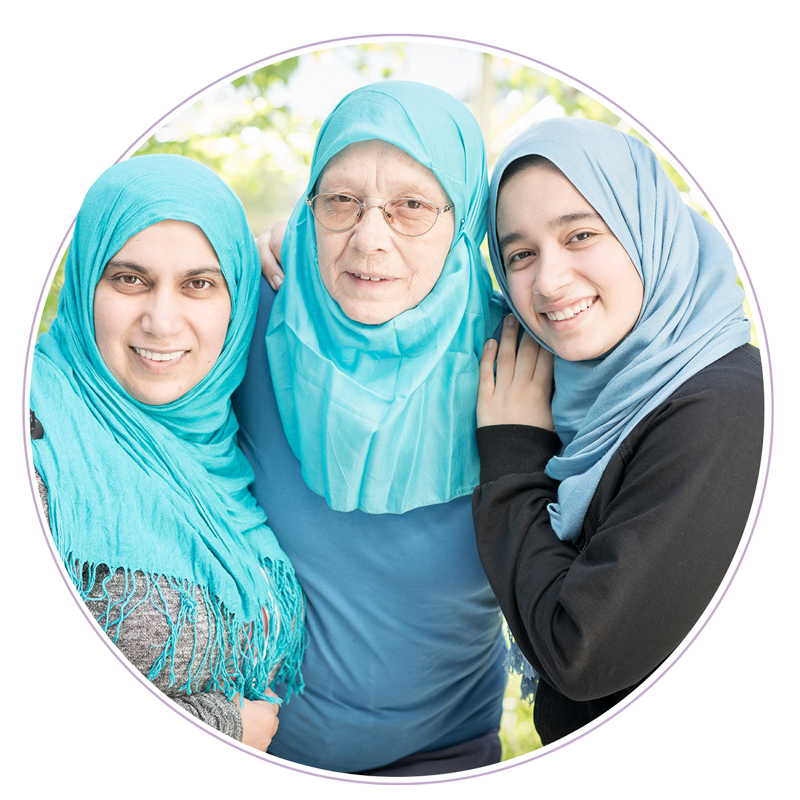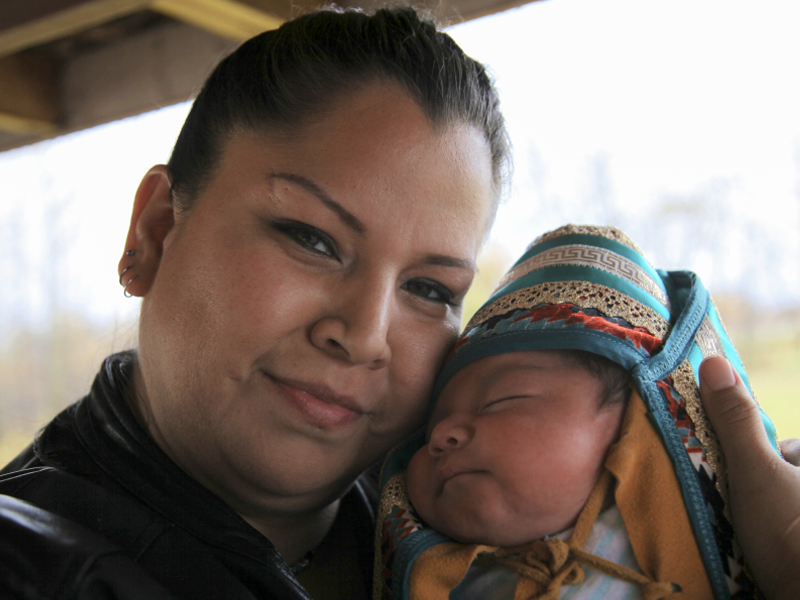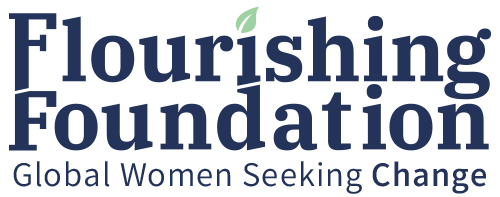Family Reunification

Reuniting Indigenous Families

In Canada, 52.2% of children in foster care are Indigenous, but account for only 7.7% of the child population according to Census 2016*. In January 2020, the Federal Government passed an Act reflecting their commitment to working in cooperation and partnership with Indigenous peoples to support the dignity and well-being of Indigenous children and youth and their families and communities. We are committed to supporting the need for child and family services that are predictable, stable, sustainable, needs-based, and consistent with the principle of substantive equality in order to secure long-term positive outcomes for Indigenous children, families, and communities.
Reuniting Refugee-Immigrant Families

On October 5, 2020, the “Honourable Marco E. L. Mendicino, Minister of Immigration, Refugees and Citizenship, announced details for the opening of the 2020 Parents and Grandparents (PGP) Program, building further on the government’s commitment to reuniting families”**. Despite the efforts to reunite family members still in refuge, the requirement for support funds for private sponsorship is daunting. Further, the number of government sponsored refugees is limited. We are committed to encouraging community involvement in resettlement of separated families by inviting community members to become Group of Five sponsors, and by providing financial support to the families.
We believe that Canada flourishes when communities flourish. To find out more about becoming a Group of Five sponsor, please contact us. We prepare the paperwork for submission to IRCC.
* https://laws-lois.justice.gc.ca/eng/acts/F-11.73/FullText.html
** IRCC News Release, Oct 5, 2020

Fact:
The number of children in Foster Care has now exceeded the number of children who were in Residential Schools.
Bill C-92 is an Act “respecting First Nations, Inuit, and Métis children, youth, and families.”
“The Government of Canada has co-developed, with Indigenous peoples, provinces, and territories, new legislation to reduce the number of Indigenous children and youth in care and improve child and family services.”
A note about the women we work with:
We are committed to building stronger relationships between all women in Canada including Indigenous women, refugee-immigrant women, immigrant women, and Canadian-born women. We recognize that we are not one homogenous group, and that the challenges and obstacles experienced by individual women or groups of women are not the same.
We are committed to communication and to learning how to become better allies, to becoming better educated about the very different experiences of women and the intersectional marginalization and abuse of Canada’s Indigenous women, and to support all Canadian women in achieving gender parity.

